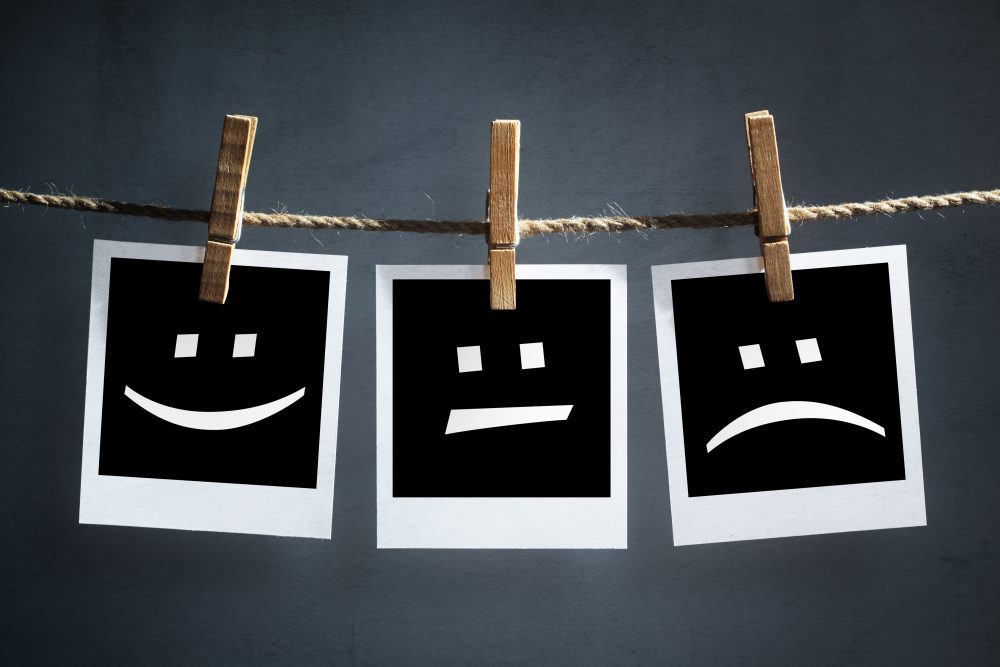
Image courtesy of Adobe Stock.
The pursuit of happiness is foundational to the United States, and happiness has become an international obsession as nations seek to measure happiness and enact policies to increase it. But this is also an era of disruption, dislocation, and great unhappiness; in the U.S., half of all adults suffer from anxiety, according to some estimates. Are the meanings and measures of happiness changing as the world is transformed by the digital revolution, climate change, and populist politics? Which factors—from job satisfaction and free time to wealth, personality, and the quality of our relationships—have the biggest impact on our happiness? And what strategies allow us to find happiness even in the midst of uncertainty, conflict, and unwanted change? UCLA Anderson marketing scholar Cassie Mogilner Holmes, UC Riverside social psychologist and author of The How of Happiness Sonja Lyubomirsky, and UCLA Anderson behavioral psychologist Hal Hershfield visit Zócalo to discuss how people can find happiness in difficult times.
111 N. Central Ave.
Los Angeles, CA 90012
The Takeaway
Yes, You Can Be Happy in Sad Times
Scholars Say Happiness—Along With Connectedness and Meaning—Can Make You More Resilient When the World Gets Rough
Happiness isn’t just possible when the world is in a very sad state. It’s vital in difficult times like today’s, because happier people are more resilient and recover more quickly …






